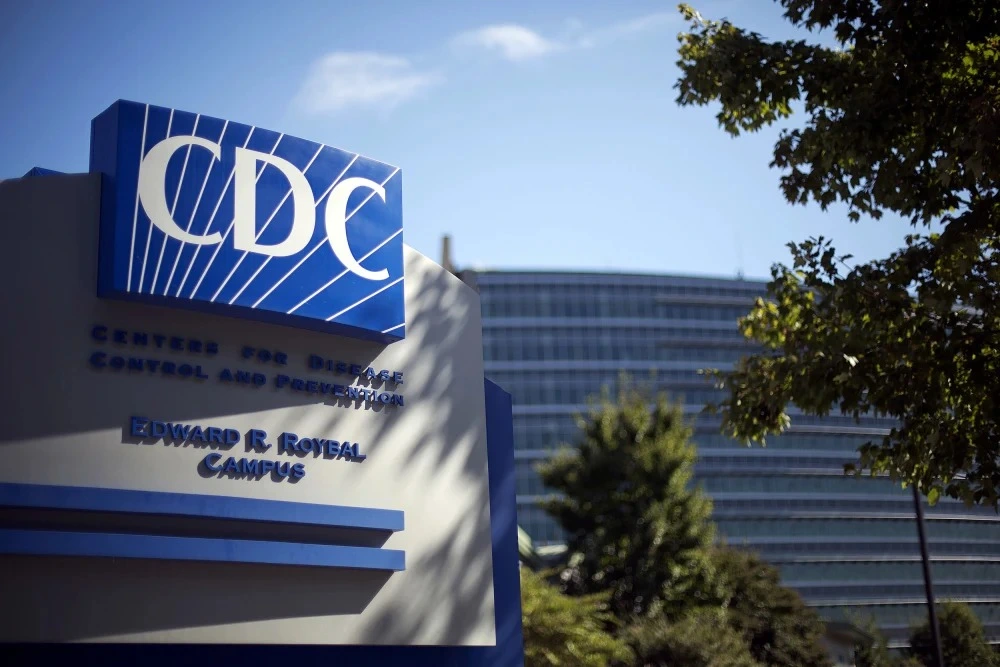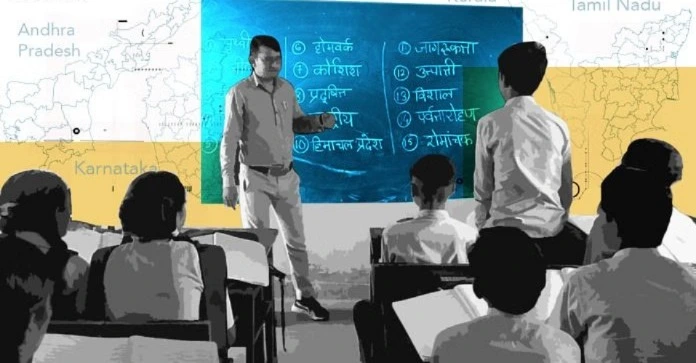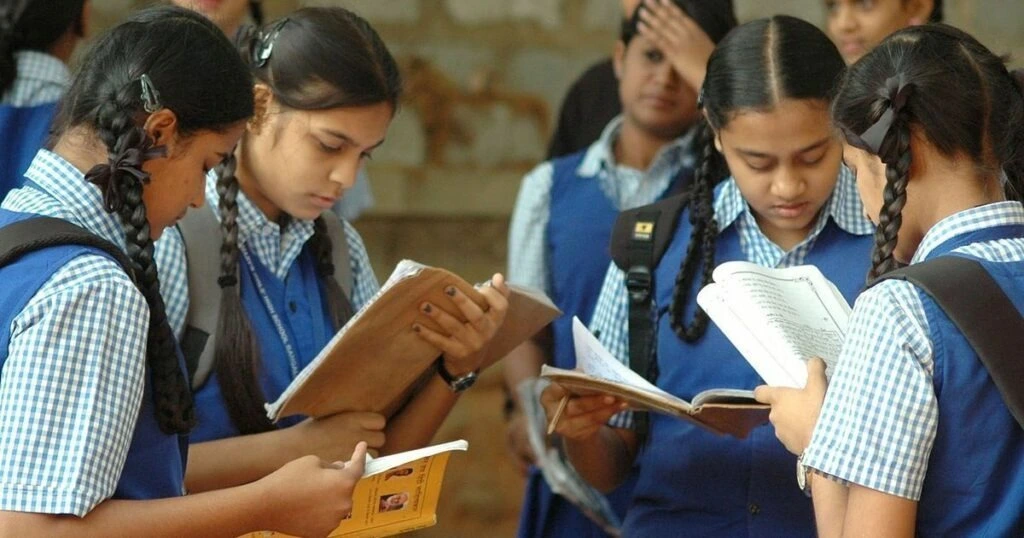CDC Retracts $11.4B in Covid Funds, Sparking Concerns Among Health Departments
The Centers for Disease Control and Prevention (CDC) is withdrawing $11.4 billion in Covid-related funding from state and community health departments, NGOs, and international recipients, the Department of Health and Human Services (HHS) confirmed Tuesday. HHS Communications Director Andrew Nixon stated, “The COVID-19 pandemic is over, and HHS will no longer waste billions of taxpayer dollars responding to a non-existent pandemic. We are shifting focus to tackling chronic diseases and making America healthy again.” The funding retraction notices were sent Monday, giving recipients 30 days to reconcile expenditures. The affected grants primarily covered: Covid testing & vaccination Community health workers Health disparity initiatives for minority & rural populations Global Covid projects Wider Impact on Public Health While the federal public health emergency ended in May 2023, concerns remain over long Covid and ongoing infections, with hundreds of deaths still reported weekly. Health officials fear the cuts may undermine broader public health efforts. Kristina Iodice, spokesperson for Colorado’s Department of Public Health, warned the loss of funding could hamper outbreak response, disease tracking, and immunization efforts. Several state health departments confirmed receipt of the withdrawal notice, including Mississippi, Utah, and nine others. Officials in Texas and Florida were hit hardest, with $877 million and $482 million in grants canceled, respectively. HHS Budget Cuts Under New Leadership Under HHS Secretary Robert F. Kennedy Jr., the department has also canceled funding for: Vaccine hesitancy research LGBTQ+ health initiatives HIV prevention programs The CDC reviewed its Covid-related grants and determined which were no longer necessary, though a full list of rescinded projects has not been made public. As federal health funding undergoes a major shift, state agencies are now scrambling to assess the long-term effects of these sudden budget cuts. Source: NBC
CDC Retracts $11.4B in Covid Funds, Sparking Concerns Among Health Departments Read More »








